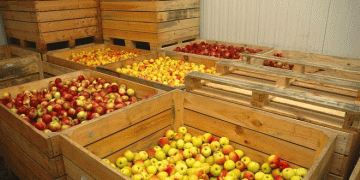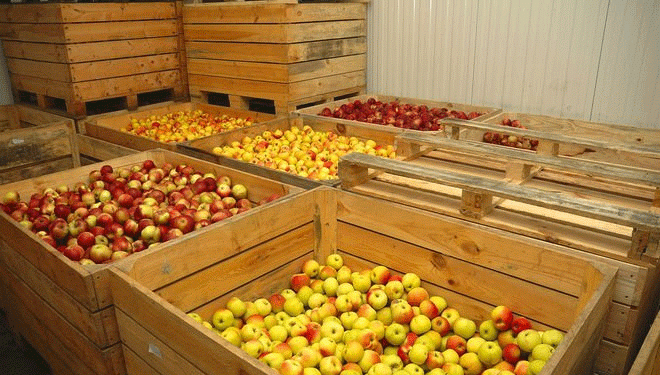For farmers in the fertile valleys of Kyrgyzstan, the harvest season often brings a race against time. Without adequate storage, precious fruits and vegetables are prone to rapid spoilage, drastically cutting into incomes and limiting market access. This chronic challenge is now being met with a modern solution in the Batken region. A new Cold Storage and Logistics Center for fruits and vegetables, launched at the end of summer, represents a significant leap forward in the region’s agricultural infrastructure, born from a unique international partnership.
The center is the result of collaboration between the Korea International Cooperation Agency (KOICA), the non-governmental organization Good Neighbors, and the government and local communities of Kyrgyzstan. With a capacity of 500 tons and equipped with state-of-the-art refrigeration technology, this facility is strategically designed to minimize post-harvest losses—a problem that plagues agricultural economies worldwide. According to the Food and Agriculture Organization (FAO) of the United Nations, approximately 14% of all food produced globally is lost between harvest and retail, with the percentage being significantly higher in developing regions due to inadequate cold chain infrastructure.
This project is a prime example of a successful public-private partnership for development. Local governments provided a substantial 42% of the construction costs, demonstrating a strong commitment to the project’s success and ensuring local ownership. The operator, the cooperative “Batken Berekeluu Aymak,” has already begun its work by securing a contract with processing company Sun Planet Organic for the supply of dried apricots. This move from fresh to processed and value-added products is a critical strategy for increasing farmer revenues, as highlighted in a 2023 World Bank report on agricultural value chains in Central Asia.
The center is more than just a refrigerator; it’s a hub for logistics and market access. By allowing for extended storage, farmers can avoid selling their entire crop at harvest time when prices are typically lowest. Instead, they can plan sales to target periods of higher demand, both on domestic and international markets, ensuring a more stable and profitable income throughout the year.
The commissioning of the Batken cold storage center is a milestone for farmers in southern Kyrgyzstan. It effectively tackles the pervasive issue of post-harvest loss head-on, providing a tangible tool to enhance food security, increase farmer resilience, and stimulate rural economic development. The collaborative funding model—combining international aid, national government support, and significant local investment—provides a replicable blueprint for other regions struggling with similar infrastructure gaps. For agronomists and farm owners, this underscores the immense value of investing not just in production, but in the crucial post-harvest phase where so much value is traditionally lost.































